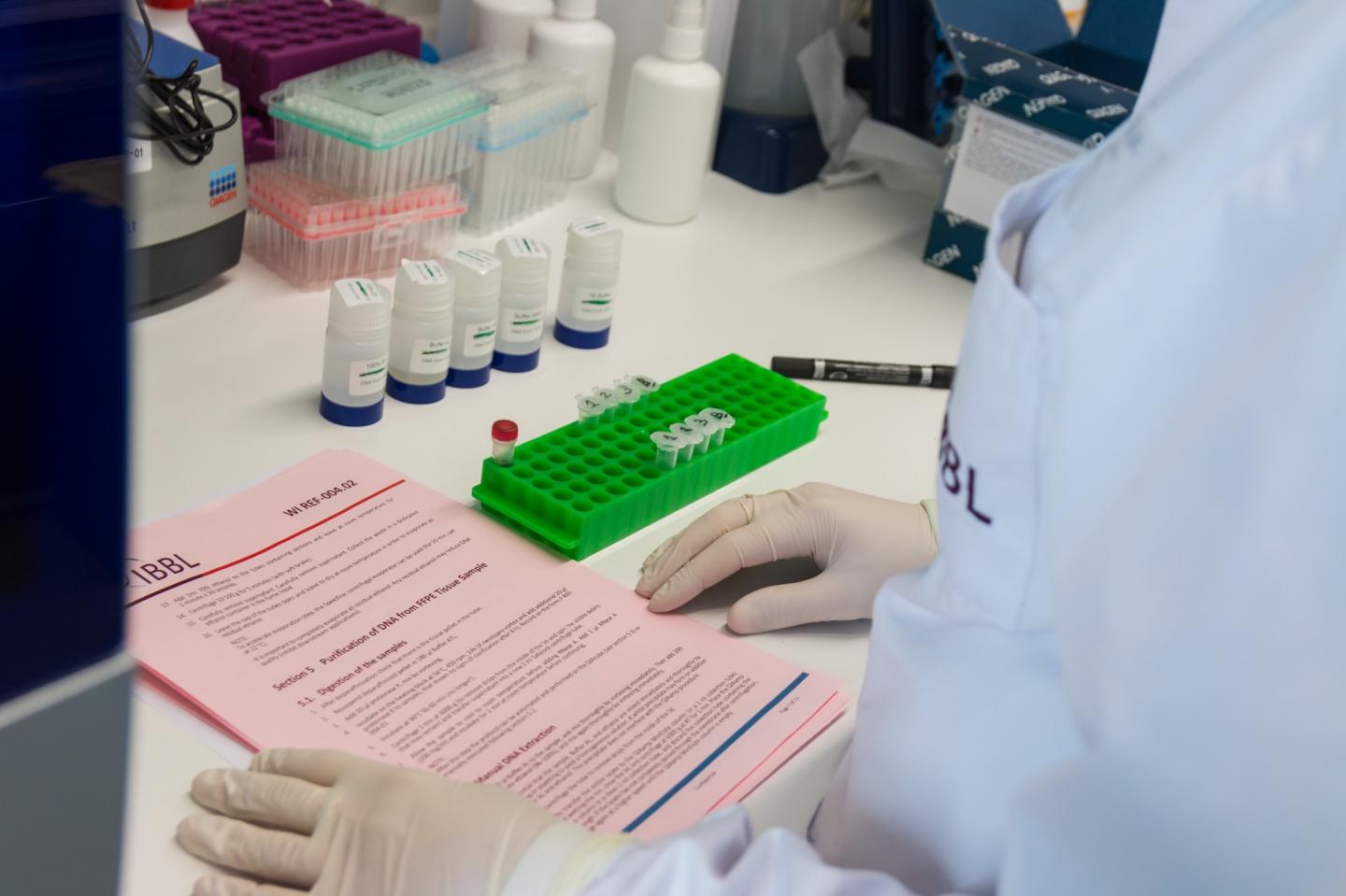The CARDIATEAM project

Credit: IBBL
Type 2 diabetes, a chronic metabolic disorder characterised by hyperglycemia, can contribute to the occurrence of heart failure (HF) in two ways. Either indirectly, by promoting the progression of coronary artery disease, or directly through the development of functional and structural abnormalities in the heart causing a dysfunction named cardiomyopathy. Although not all patients with diabetes develop cardiomyopathy or evolve towards HF, it has become increasingly clear that there is a relationship between diabetes and HF. Indeed, diabetic patients have a 2.5-fold greater risk of developing HF, compared to individuals without diabetes. Diabetic cardiomyopathy (DCM) is therefore considered as a distinct form of HF that occurs in diabetic patients in the absence of other heart diseases. However, its origination and development are yet to be clearly defined and no effective therapy is currently available.
In this context, CARDIATEAM aims to determine how unique and distinct DCM is compared to other forms of HF, and whether type 2 diabetes represents a central factor contributing to the development and progression of DCM. The study seeks to elucidate the specific underlying mechanisms that might lead to an early and more precise diagnosis of DCM. More concretely, it aims at identifying new biomarkers — i.e. specific molecules of the body that can serve as indicators for the disorder — as well as at finding innovative therapeutic targets. This will ultimately enable the classification of patients with type 2 diabetes for personalised preventive and therapeutic strategies.
To this end, CARDIATEAM will recruit 1,600 patients with a broad spectrum of cardiometabolic disorders, including both non-diabetic and diabetic patients, from 16 clinical centres in Europe. Patient follow-up will take place over a period of up to three years to collect crucial data on their cardiovascular health.
LIH’s Cardiovascular Research Unit will be involved in the interpretation of large data sets generated from the analysis of patient blood samples. Specifically, it will analyse so-called ‘transcriptomics’ data — i.e. data on the characteristics and quantities of the pool of RNA molecules in the cells — leveraging on its long-term expertise in RNA biomarker discovery and validation. As the central biobank, IBBL will be responsible for the collection, storage and re-distribution of blood samples to relevant analytical centres. It will also provide Standard Operating Procedures (SOPs) for blood and urine collection, processing and storage, as well as DNA extraction and quality control analyses to ensure sample fitness-for-purpose for further downstream analyses.
“CARDIATEAM is a strategic project from multiple standpoints. At the national level, it will contribute to further strengthening the collaboration between the country’s leading biomedical research institutes. This will in turn increase Luxembourg’s visibility in Europe and consolidate its reputation as a reliable partner in competitive EU-funded studies and public-private partnerships”, states Dr. Yvan Devaux, Head of LIH’s Cardiovascular Research Unit.
“From a scientific perspective, this project will foster true translational research from patient cohorts to preclinical models, as well as the dissemination of knowledge on DCM to physicians, patients, regulators and health agencies. The complementary expertise of IBBL and the LIH will be key in this respect”, comments Dr. Kristin Kornerup, CARDIATEAM project manager at IBBL.
###
CARDIATEAM is a five-year public-private partnership between 22 partners – research institutes, hospitals and industries – from nine European countries and the EFPIA (European Federation of Pharmaceutical Industries and Associations). Co-funded by the European Commission under the Innovative Medicines Initiative (IMI), it kicked off at the end of March 2019 and is coordinated by the Institut national de la santé et de la recherche médicale (French National Institute of Health and Medical Research – INSERM). IMI is a partnership between the European Union and the European pharmaceutical industry, aiming to facilitate open collaboration in research to advance the development of, and accelerate patient access to, personalised medicines for the health and wellbeing of all, especially in areas of unmet medical need.
Media Contact
Juliette Pertuy
[email protected]
Original Source
https:/




